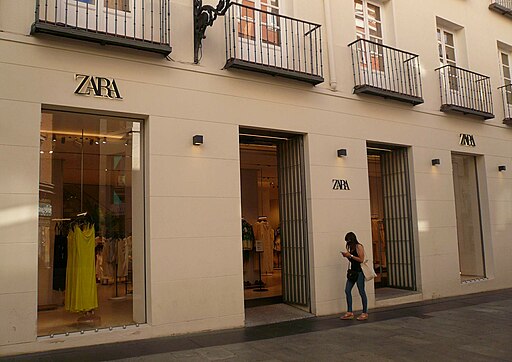The Spanish clothing retailer Zara is currently embroiled in a public relations crisis following its latest campaign, “ZARA ATELIER. Collection 04_The Jacket.” The campaign has sparked a massive wave of outrage for its controversial use of imagery that references sensitive issues. Particularly contentious are promotional pictures displaying unsettling imagery, including what appears to be bodies wrapped in white, resembling traditional Muslim burial attire, and a backdrop of rocks, rubble, and a cardboard cutout resembling the map of Palestine.
This provocative campaign has provoked an overwhelmingly negative response, particularly among those who were once loyal customers. Social media users have expressed shock, dismay, and anger, interpreting the campaign as a blatant exploitation of sensitive political issues for marketing purposes. Comments range from accusations of insensitivity to outright calls for a boycott of the brand, with users expressing disbelief at the poor judgment exhibited by Zara in their advertising strategy.
The controversy has spurred a significant number of people to call for a boycott of Zara, a brand previously not associated with supporting the Israeli Occupation. Social media platforms are abuzz with hashtags urging consumers to reconsider their loyalty to the brand, threatening long-term damage to Zara’s reputation. As of now, Zara has not issued a public response or statement regarding the controversy.
In a separate yet related incident, Zara had already come under scrutiny when one of its head designers, Vanessa Perilman, got into an online argument with a model over the Israel-Palestine conflict. Screenshots of private messages shared by model Qaher Harhash showed Perilman criticizing his advocacy for people living in Gaza. These messages, widely shared on social media, have been criticized as anti-Palestinian and Islamophobic, further fueling the calls for a boycott of Zara. In response, Inditex, the company that owns Zara, issued a statement condemning the comments and reaffirming its commitment to diversity and non-discrimination.
This series of events represents a challenging period for Zara, as the brand navigates the repercussions of these controversies. The global outcry over the latest campaign underscores the importance of ethical considerations in marketing and the potential impact of insensitive content on a brand’s reputation. The full extent of the damage to Zara’s image and business remains to be seen, as the company faces calls to address these issues and rebuild its tarnished reputation



























